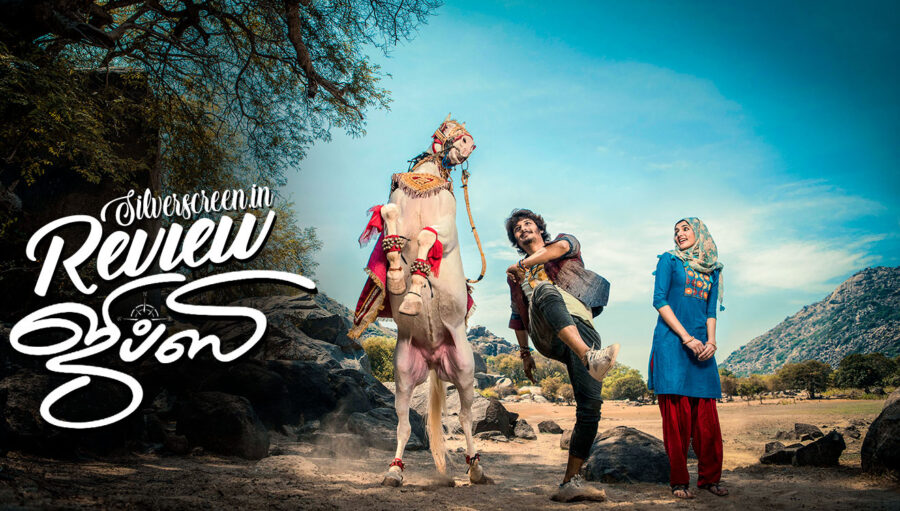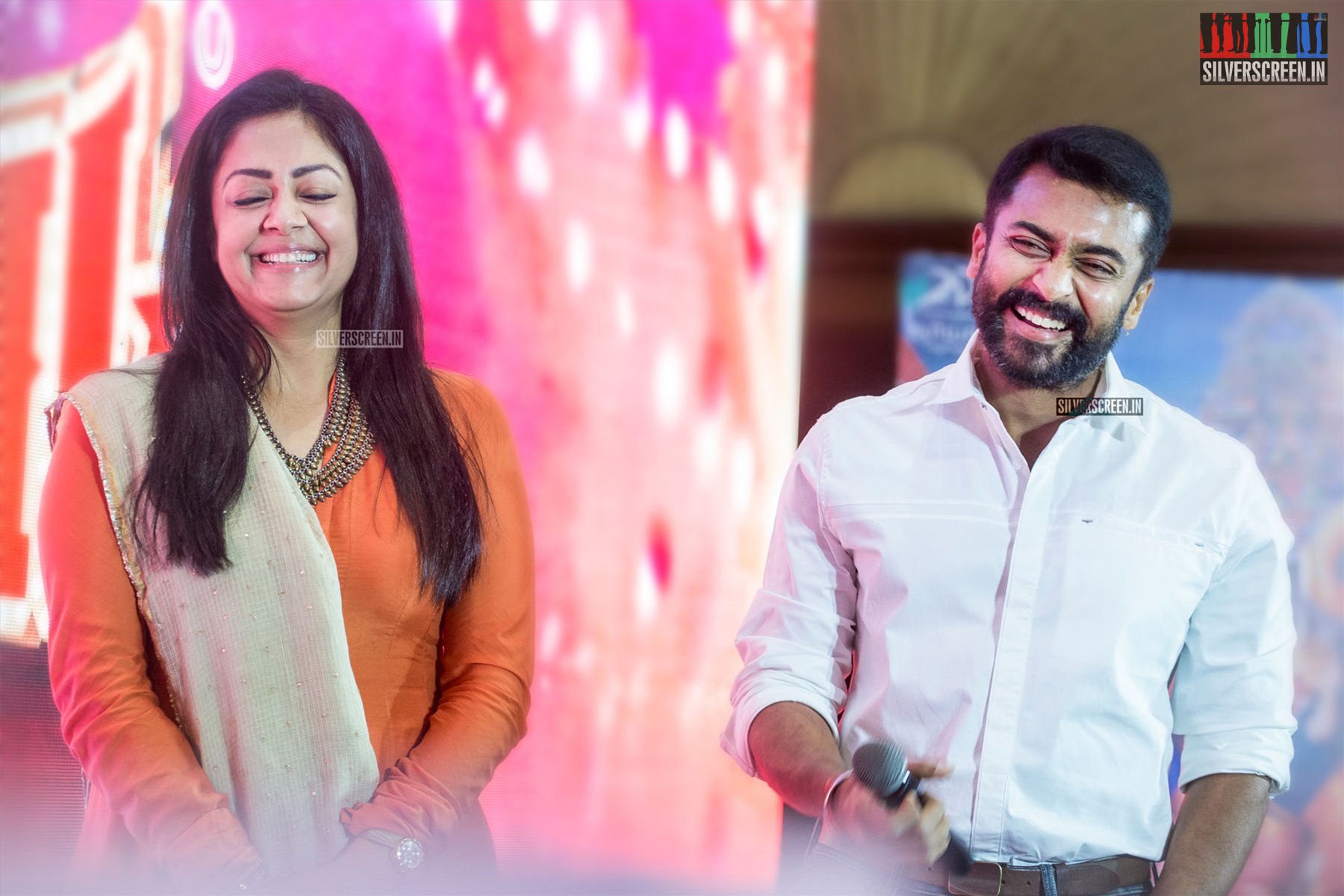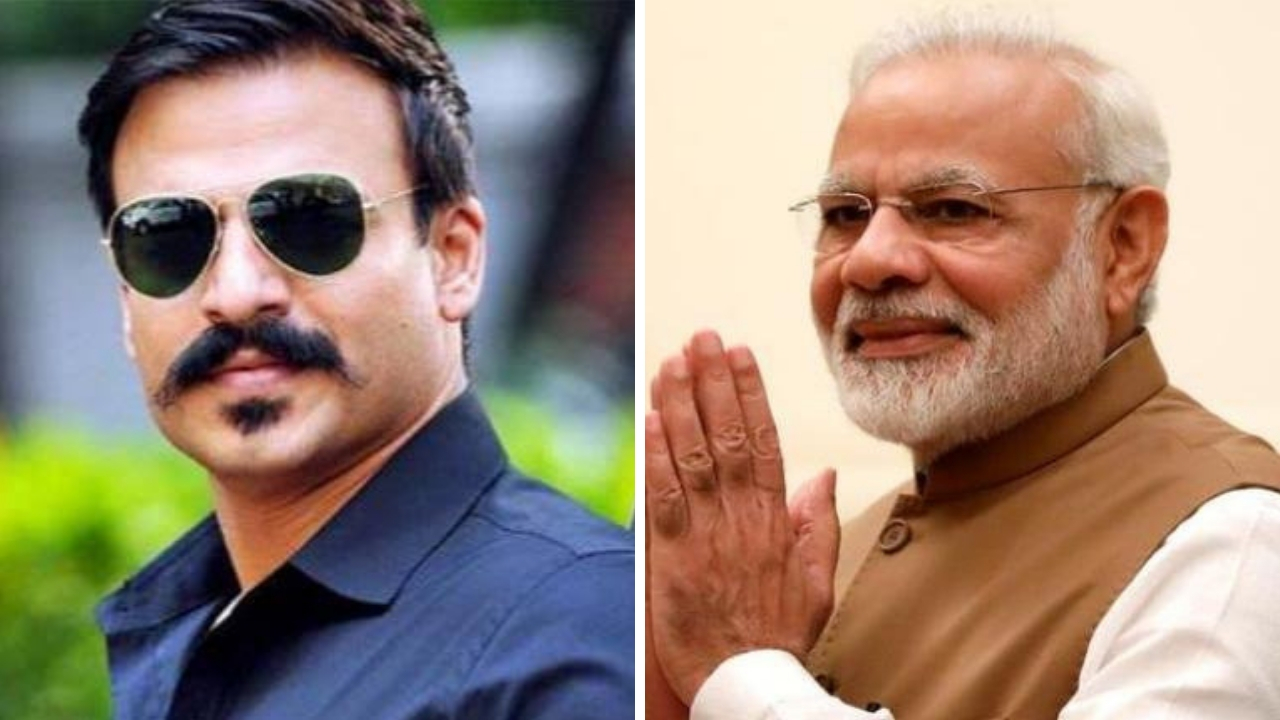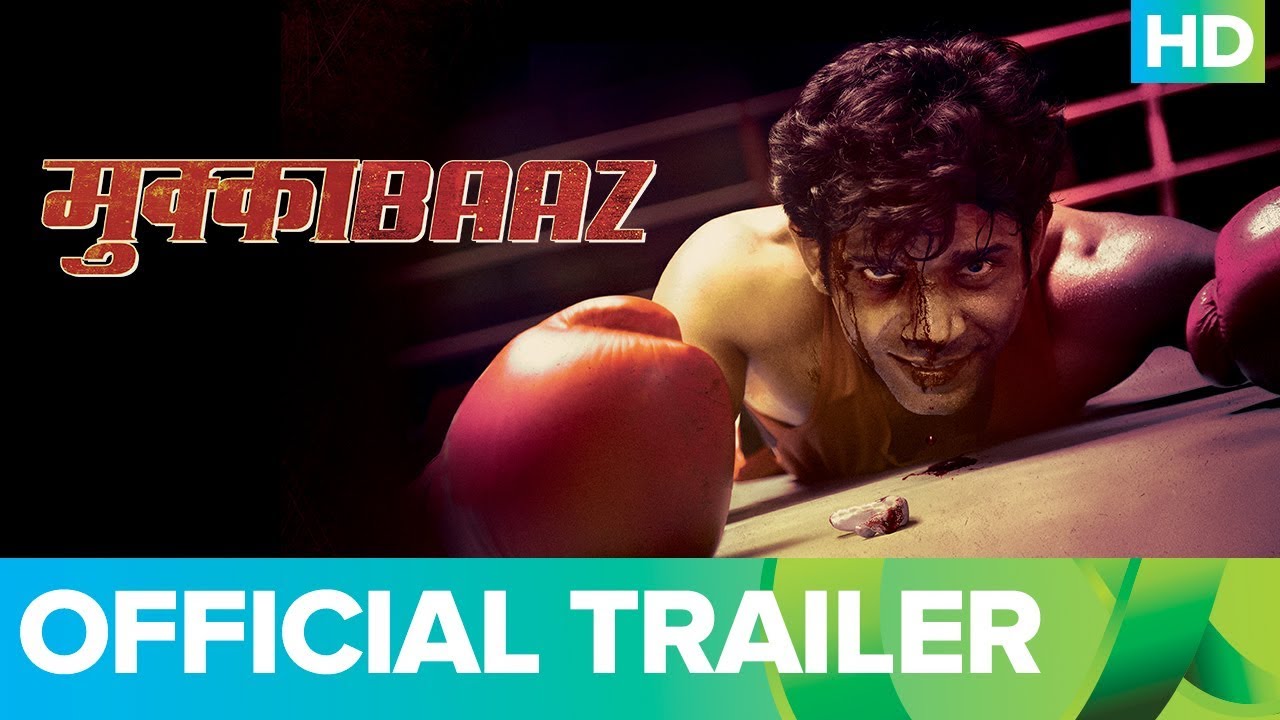Cast: Jiiva, Natasha Singh, Lal Jose, Sunny Wayne, Sushila Raman
Director: Raju Murugan
A baby is born in Kashmir amidst gunshots, missiles, and bombings. The father, a Hindu, and the mother, a Muslim, are hiding under a bridge with a horse-riding, nomadic musician – a gypsy – with them cowering and the horse, calm and motionless, just outside the tunnel. What happens next is anybody’s guess. The parents are killed. The baby is adopted by the gypsy and grows up to become one with the horse. He is literally called Gypsy (Jiiva).
He is not only the product of a religious union but because he was born in Kashmir, he is also a son of nowhere land (the censors have surprisingly left out a “Free Kashmir” sign written on a wall. Small victories). He claims multiple times that he has no religion, at one point, during a cricket match, he says India and Pakistan are one and the same to him, while he is also aware of every tenet in each of the prominent religions named in the film – Hinduism, Islam and Christianity.
Here too, like his previous film, Raju Murugan embraces the federalism of India and shows up its fractured status in an early scene, where Gypsy has to play a bipartisan role to assuage disingenuous politicians, on either side of Hosur road, agitating for the Cauvery water dispute and causing public nuisance. This quality of Raju Murugan’s films also rears his head when the script traverses the length and breadth of the country, where Hindi seamlessly blends with Tamil and with a character like Gypsy, the indulgence is almost natural.
The film has all the Raju Murugan staples of political discourse – the communist party posters (and later, an office of the CPI(M) in Kerala), Gypsy rescuing a manual scavenging worker, name dropping several issues that can come across as performative and inorganic. It also has simple-minded, unsophisticated stretches, delivering a polemic on religion replete with only platitudes. Like his previous film Joker, here too, the film’s track is shaped by the personal becoming political. Gypsy is essentially a romantic tragedy, an inter-religious couple who face a crisis not in the form of families but in the form of a larger socio-political force that is reshaping the country.
There are in fact two relationships at play here. One between Gypsy and Waheeda (Natasha Singh), a track where the latter holds the upper-hand and gets to make the moves despite living in a stifling, orthodox Tamil Muslim household in Nagore. It begins in an innocuous fashion but feels overlong.
There is another relationship, the second one between Gypsy and his horse Che. The horse and Gypsy are framed in centre with Gypsy’s face hidden behind the horse’s, and in another instance in the beautiful composition from Santhosh Narayanan, Kaathellam, Gypsy is dancing on top of a wall and framed from just beneath the horse, to make it look like he is on top of it. Raju Murugan keeps insisting that they are one and the same, both entertainers, significant to each other for their physical survival. It’s also why the emotional gut-punch works later.
I am not entirely sure about this but at the outset, Raju Murugan’s drawing of the orthodox Muslim family seems problematic, the father played by Lal Jose, staunch in his beliefs, who sends his three children only to the madrasa. He is also taught a thing or two about the Quran by Gypsy, a topic the Muslim man believes to be an expert in.
A communist party worker refers to him as a “fundamentalist”. It’s not clear what exactly is established by this framing, except that he belongs to a demographic that very much exists. It is essential to the film that they are from Tamil Nadu and when they must move, they go to Kerala. Two states that boast of large, mostly peaceful Muslim population. It’s also why when Waheeda elopes with Gypsy and becomes a fellow vagabond, she is displaced from a relatively sedate southern part of India to the cow belt where Hindu fundamentalism rules the roost.
The censors have heavily chopped the film with the saffron colour completely bathed in black and white, where Raju Murugan recreates a Gujarat 2002 like pogrom in Uttar Pradesh. The riots are decontextualized in the script of the film, but Gypsy couldn’t have found a better time for a release, with the violence in UP and the violence against Muslims in Delhi. It also needs to be said that the visuals Raju Murugan goes for are coloured by a voyeuristic gaze that is dangerously close to sexual violence porn.
Yes, it is real, and yes, power and domination are expressed through sexual violation in these instances but visual grammar is not confined to just one kind. The second half of the film meanders all over the place – like its hero – as the story moves to Kerala.
Recommended
Jiiva hits all the right notes as the happy-go-lucky singer who loses everything he’s known in one night. It helps that Jiiva can switch between an urban accented English and street-smart Tamil with ease, for Gypsy is a character who has seen it all and grown up around different sects of people, including tourists.
Waheeda is in a state of PTSD after witnessing events of extreme violence during the riots, planned and orchestrated by Hindu organizations and the ruling political party. The film has its heart in the right place, it wants to point fingers at the masterminds and ideologues rather than their instruments (the raised hands of a Hindu fundamentalist who does their bidding is an interesting touch considering a big reveal later on), and calls for forgiveness and peace.
The film also forsakes Waheeda’s trauma to achieve its larger aim. She is reduced to a mere victim whose mental health is never considered by anybody, including Gypsy. That’s, of course, another film but it sticks out here because that too is as real as the violence she witnessed.
The Gypsy review is a Silverscreen India original article. It was not paid for or commissioned by anyone associated with the film. Silverscreen India and its writers do not have any commercial relationship with movies that are reviewed on the site.



